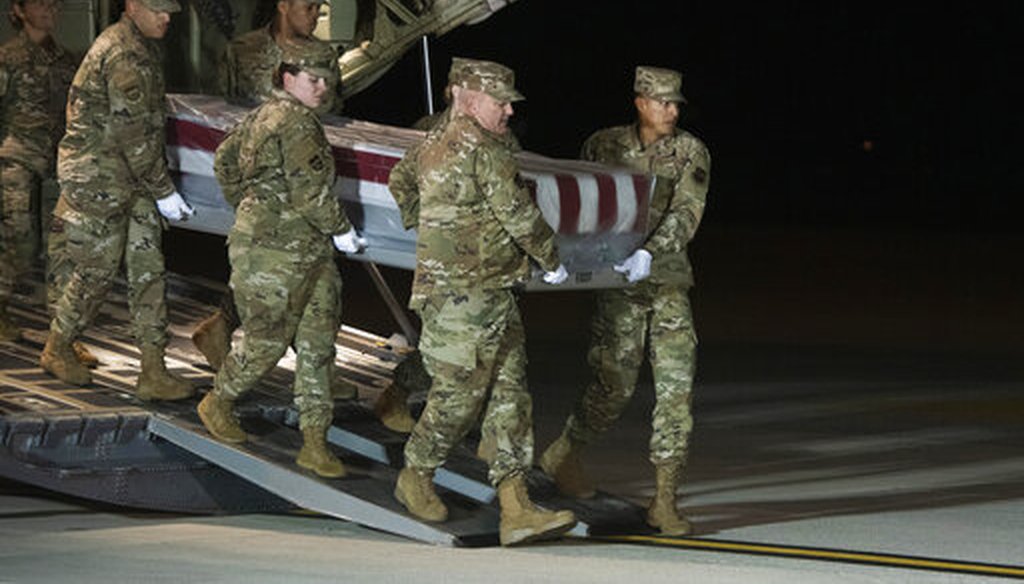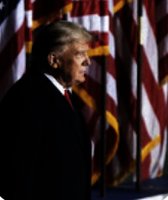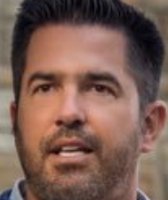Get PolitiFact in your inbox.

An Air Force carry team moves the transfer case containing the remains of Navy Seaman Apprentice Cameron Scott Walters, of Richmond Hill, Ga., Dec. 8, 2019, at Dover Air Force Base. A Saudi gunman killed three people at the Naval base in Pensacola. (AP)
The shooting at Naval Air Station Pensacola by a Saudi Arabian aviation student put a spotlight on the federal government’s long-standing practice of having foreign nationals train with the United States military.
Ahmed Mohammed al-Shamrani, a Royal Saudi Air force member, killed three sailors and injured eight others Dec. 6 before he was killed by deputies.
Following the attack, a PolitiFact reader messaged us with this question: "Why are we still teaching Saudi Arabia how to fly our planes, especially after what happened with 9/11?"
It’s true that many of the 9/11 hijackers were of Saudi nationality. But the United States still considers Saudi Arabia a regional ally in the fight against terrorism. The U.S. strategy of training foreign militaries is meant to build defense partnerships and to advance U.S. interests.
Overall, military-to-military cooperation is supposed to allow Saudi Arabia to better defend itself and to help the United States achieve its policy goals in the Middle East. The history of cooperation goes back to the 1940s, including a series of agreements, arms sales, military training and deployments.
The relationship between the United States and Saudi Arabia was built on shared economic interests and an antipathy to communism, said a November Congressional Research Service report.
George W. Bush’s administration in 2005 identified Saudi Arabia as a "key ally" in the global war on terrorism.
"Despite post 9/11 strains, military-to-military relations remain positive, based on decades of cooperation and close consultation, as well as years of U.S. support to Saudi Arabia's military programs including training, joint exercises, (foreign military sales) and commercial arms sales," said a 2005 report from the Bush-era State Department.
Partnering with Saudi Arabia in the United States's International Military Education and Training program "exposes Saudi military personnel to U.S. values, ideas, and policies" and "increases awareness of international norms of human rights, the principle of civilian control of the military, and the rule of law," the State Department said in 2005.
The Defense and State departments each year report to Congress about all military training provided to foreign military personnel. (The policy does not generally apply to any NATO member, Australia, Japan, or New Zealand.) In 2016, approximately 122,500 students from 155 countries participated in training.
More specifically, the U.S. military hosts more than 5,100 foreign students from 152 countries at military sites around the country, a Pentagon spokesman told PolitiFact. That includes 852 Saudis.
The goal of such programs is to advance U.S. security interests by building defense partnerships.
The training sometimes works both ways: The Defense Department’s three service academies — the U.S. Military Academy, the U.S. Naval Academy, the U.S. Air Force Academy — conduct academic exchange programs allowing U.S. cadets and midshipmen to spend time at a foreign institution while their counterparts study in the United States.
In Pensacola, there are 272 international military students in training, Navy spokeswoman Lt. Andriana Genualdi told PolitiFact. Approximately 150 Saudi Arabian students train at Naval Air Station Pensacola and Naval Air Station Whiting Field in northwest Florida.
A few hours after we posted this story, a Pentagon spokesperson told us that the shooter was in the United States for training as part of an Air Force military sale. When countries buy U.S. military equipment, training is often part of the package. (The Pentagon said it does not publicly release that agreement.)
Naval Air Station Pensacola began training international military flight officers from Saudi Arabia, Italy, Singapore and Germany in 1995. Upon completion of the program, Saudi Arabian Navigators can fly F-15E Strike Eagles.
According to the Pensacola News Journal, the base’s partnerships with the Royal Saudi Air Forces include an undergraduate pilot basic aviation preparatory training course, a senior executive leadership course and a junior officer enhanced leadership course.
Following the deadly Pensacola base attack, Florida leaders Gov. Ron DeSantis, Sen. Rick Scott and Sen. Marco Rubio joined other leaders in either criticizing the training programs or calling for improved vetting of students.
International military students must undergo local security and medical screening before getting a visa. The security screening (done by U.S. officials in the foreign country) includes a review of databases for evidence of drug trafficking, support of terrorist activity, corruption, criminal conduct, or other activities inconsistent with U.S. policy goals.
Defense Secretary Mark Esper directed a review of vetting procedures within the Defense Department for all foreign nationals who come to the United States to train, he told Fox News after the shooting. Esper did not call for an end to the training programs.
A Navy spokeswoman told NBC Tuesday afternoon that Saudi students had been grounded from flying. "A safety stand-down and operational pause commenced Monday for Saudi Arabian aviation students," said Lieutenant Andriana Genualdi, a Navy spokeswoman.
Update: This fact-check has been updated with additional information from the Pentagon and about the Navy grounding Saudis.
Our Sources
Pensacola News Journal, NAS Pensacola shooting: Why the Naval air base has international flight students, Dec. 6, 2019
Pensacola News Journal, Training international students core part of NAS Pensacola mission. Will that change after shooting? Dec. 6, 2019
CNN, Here is what we know about the US military's program to train foreign troops, Dec. 6, 2019
New York Times, Six Saudis Said to Be Questioned After Pensacola Navy Base Shooting, Dec. 6, 2019
Military Times, Senator calls for review of US military programs training foreign nationals, Dec. 7, 2019
Military Times, No Plans to Change Foreign Military Training After Pensacola Shooting, Top Generals Say, Dec. 7, 2019
State Department, Foreign Military Training Report, Fiscal years 2016-17
Washington Post, Shooting at Florida base prompts questions about screening of foreign military students, Dec. 7, 2019
Washington Post, Saudis have come for U.S. military training for decades. Here’s why and how. Dec. 8, 2019
FAS, US International Security Assistance Education and Training
Brookings, The Pensacola attack by a Saudi pilot: Implications for US-Saudi ties, Dec. 6, 2019
Congressional Research Service, U.S. Security Assistance and Security Cooperation Programs: Overview of Funding Trends, Feb. 1, 2018
Congressional Research Service, Saudi Arabia: Background and U.S. Relations, Nov. 21, 2019
Tampa Bay Times, Ron DeSantis says Pensacola shooting 'could have been prevented with better vetting’ Dec. 8, 2019
AirForce Times, Afghan pilot training ends after almost half went AWOL in America, May 2, 2019
Sen. Marco Rubio, Tweet, Dec. 6, 2019
WUSF, DeSantis Urges Increased Vetting Of Foreign Nationals After Pensacola Shooting, Dec. 8, 2019
U.S. Department of Defense, Statement to PolitiFact, Dec. 9, 2019
Email interview, LT Andriana Genualdi USN, News Desk Officer, Dec. 9, 2019
Fox News Sunday, Mark Esper Defense Secretary interview, Dec. 8, 2019





































